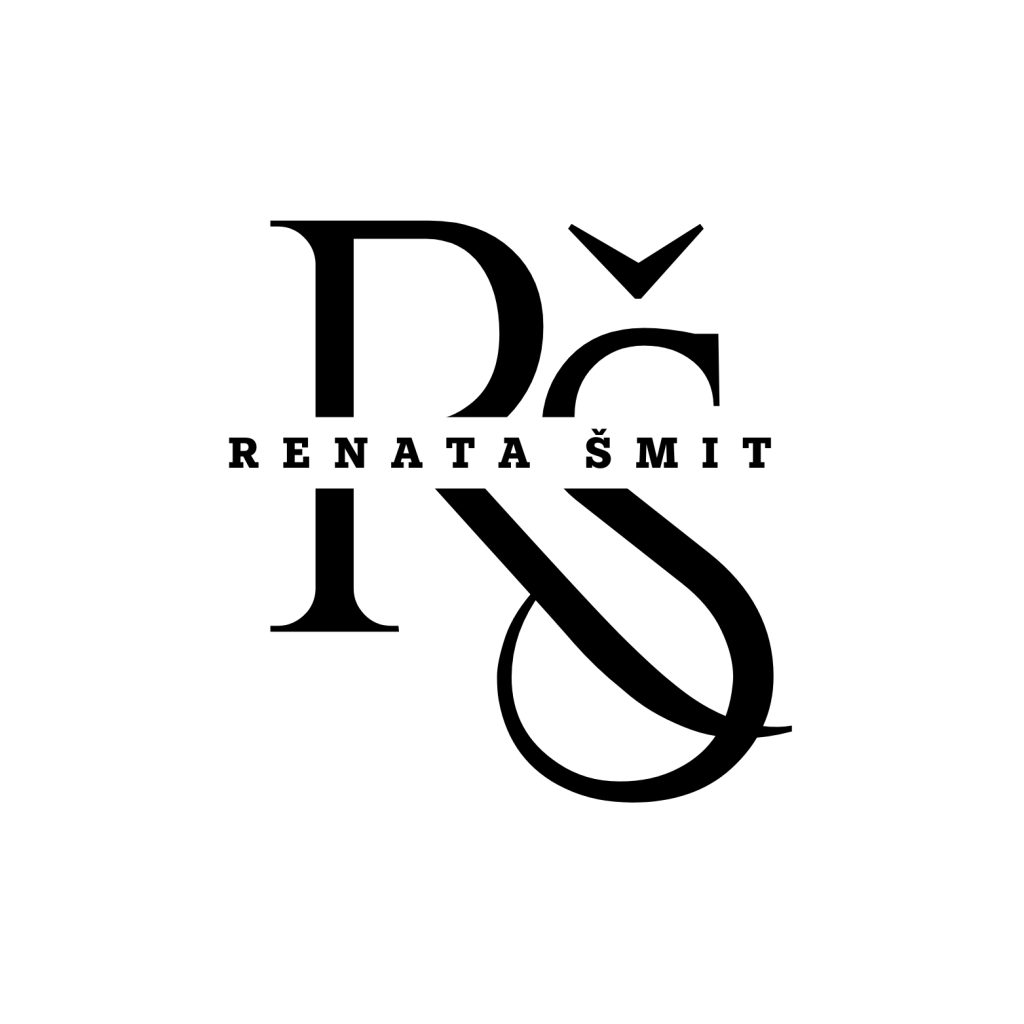What is Transactional Analysis (TA)?
Transactional Analysis (TA) is a theory of personality, communication, and interpersonal relationships developed by Eric Berne during the 1950s. TA provides a structured approach to understanding how people think, feel, and communicate, offering insight into unconscious behavior patterns and tools for changing them.
TA is applicable in individual work (coaching, therapy), teams, and organizations, enabling more effective communication, understanding dynamics, and improving performance.
- Ego States – Parent, Adult, Child (PAC)
Ego states are a fundamental concept in TA, representing different ways people think, feel, and behave.
- Parent: Internalized norms, rules, and behavior patterns adopted from parental figures during childhood.
- Critical Parent: Strict rules, criticism, control (e.g., "You must do this now!").
- Nurturing Parent: Support, protection, empathy (e.g., "Everything will be okay; how can I help?").
- Adult: Rational, logical ego state. The Adult gathers information and makes decisions based on the reality of the present moment.
-
Example: When a person analyzes a situation without emotional bias and makes an effective decision.
- Child: Emotional part of the personality, connected to childhood experiences.
- Free Child: Creativity, curiosity, spontaneity (e.g., "Let’s try something new!").
- Adapted Child: Reactions adjusted to meet others’ expectations, withdrawal, or rebellion (e.g., "I have to do this to avoid criticism.").
Practical example: A manager operating from the Critical Parent might criticize the team, triggering Adapted Child reactions like fear or withdrawal. A manager functioning from the Adult ego state, on the other hand, would objectively analyze the situation and provide constructive feedback.
- Parent: Internalized norms, rules, and behavior patterns adopted from parental figures during childhood.
- Transactions
Transactions are exchanges of information between the ego states of two people. They can be:
- Complementary: Responses come from the expected ego state (e.g., Adult to Adult).
- Crossed: Responses come from an unexpected ego state (e.g., Critical Parent to Free Child).
Example: A coach asks a question from the Adult ego state: "What do you think the next step is?" The client responds from the Child ego state: "I don’t know, you tell me!" The coach can redirect the transaction back to the Adult: "Think again—what options do you see available?"
- Life Script
A life script is an unconscious life plan formed in childhood that guides decisions and behavior.
Example: A client who always chooses projects requiring significant effort but little recognition may unconsciously follow a script of "I’m never good enough." TA helps identify and change these patterns.
- Life Positions
- I’m OK, You’re OK: Healthy, balanced position.
- I’m OK, You’re Not OK: Dominating or criticizing others.
- I’m Not OK, You’re OK: Withdrawal or feelings of inferiority.
- I’m Not OK, You’re Not OK: Apathy or hopelessness.
Goal: Develop the “I’m OK, You’re OK” position through coaching and self-development.
- Psychological Games
Games are unconscious behavior patterns that lead to frustration and conflict.
Example of a game: “Yes, but…” – The client rejects every suggestion, unconsciously maintaining the status quo. The coach can recognize the game and interrupt the pattern by asking: "What would you like to change?"
- Contracts and Frameworks
In TA, clearly defined contracts and frameworks between coach and client are essential for success. The contract includes goals, expectations, and responsibilities for both parties.
TA enables clients to:
- Recognize unconscious behavior patterns (e.g., fear of authority).
- Develop emotional intelligence and better manage their reactions.
- Gain clearer understanding of their relationships and life goals.
Example:
A client feeling blocked in decision-making might recognize they are operating from the Adapted Child (fear of making a mistake) and learn how to activate the Adult.
TA is used to improve communication, resolve conflicts, and build trust in organizations.
Example:
A team dominated by the Critical Parent (strict rules) experiences high stress levels. By introducing TA training, the team identifies and balances ego states, increasing productivity and satisfaction.
Key Benefits:
- Clearer communication between leaders and employees.
- Conflict reduction through understanding transactions.
- Development of trust-based, collaborative cultures.
TA strengthens team dynamics and mutual trust.
Example:
A team avoiding conflicts operates from the Adapted Child. Through TA training, team members learn to shift to the Adult ego state and openly express their opinions.
Key Benefits:
- More effective collaboration and decision-making.
- Reduced misunderstandings through understanding different ego states.
- Development of psychological safety within the team.
Transactional Analysis is a powerful tool for understanding and improving interpersonal relationships, communication, and personal development. Its application in coaching, organizations, and teams provides profound insights and results, helping individuals and groups overcome challenges and achieve their full potential.

